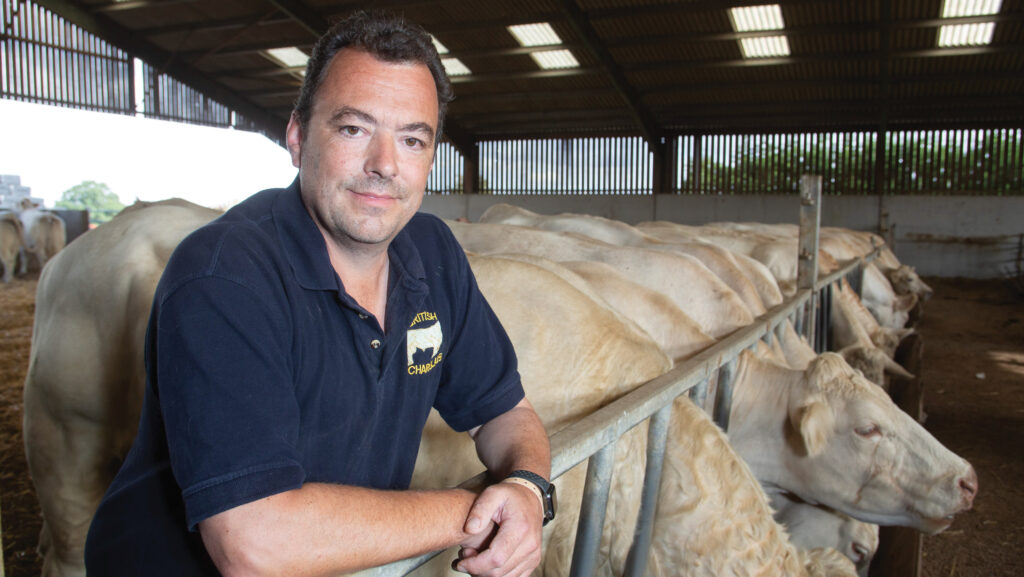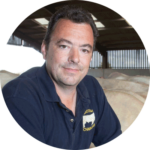Farmer Focus: Let’s keep the anti-meat agenda honest
 Ben Harman © Tim Scrivener
Ben Harman © Tim Scrivener Not all heroes wear capes, or in this case, not all heroines. Bear with me because this is convoluted.
I like to read The Guardian newspaper for its good coverage of world events, great rugby pages and wildly anti-beef agenda. It’s important to keep track of the opposition camp.
See also: Calls for retraction of 2019 Eat-Lancet report as sequel looms
Recently, we had pound-shop eco warrior George Monbiot whingeing about the Farm Carbon Toolkit, criticising it for using modelling to estimate the carbon storage of well-managed grassland.
He conveniently ignored that the Global Warming Potential of enteric methane (which he loves to bang on about) also comes from modelling, as that is the scientific method used to, well, model outcomes.
Despite this, my favourite recent piece of misinformation was in a Guardian story entitled “UN livestock emissions report seriously distorted our work, say experts”.
This story repeated ideas that meat and dairy are bad for human health, referencing The Eat-Lancet Planetary Health Diet report. The report guides governments, including ours in the UK, on dietary messaging.
The Guardian, however, failed to show that the claims on meat and dairy have already been discredited.
The report was based on a study called Global Burden of Diseases (GBD) 2019, self-described as the “de facto source for global health accounting”.
It was a revision on the 2017 paper of the same name and brought massive changes, including a 36-fold increase in deaths attributable to meat consumption, but no justification for why.
Enter our heroine: Prof Alice Stanton of the Royal College of Surgeons in Ireland.
Alice and others questioned the Lancet on what had happened in the intervening two years and were repeatedly ignored. After persistence, the Lancet published their concerns.
Alice found the authors of GBD 2019 could cite no peer-reviewed data for their changes yet would neither show their working nor retract their changes.
As a result of her efforts, the next GBD will recommend meat and dairy are part of a healthy, balanced diet.
Incidentally, should it be of interest, the GBD study is compiled by the Institute for Health Metrics Evaluation, part of the University of Washington in Seattle, and is funded by the Bill and Melinda Gates Foundation.
Bill Gates is known for investing in meat-free alternatives, Beyond Meat, Impossible Meat, and Upside Foods.

